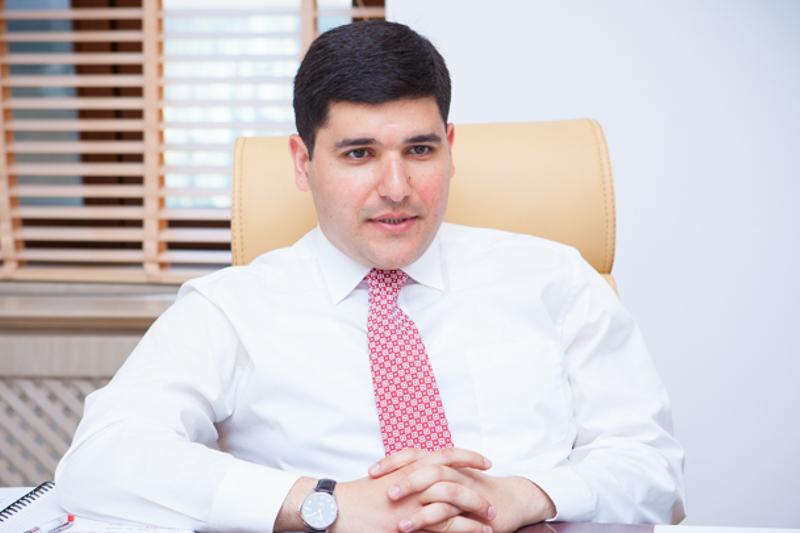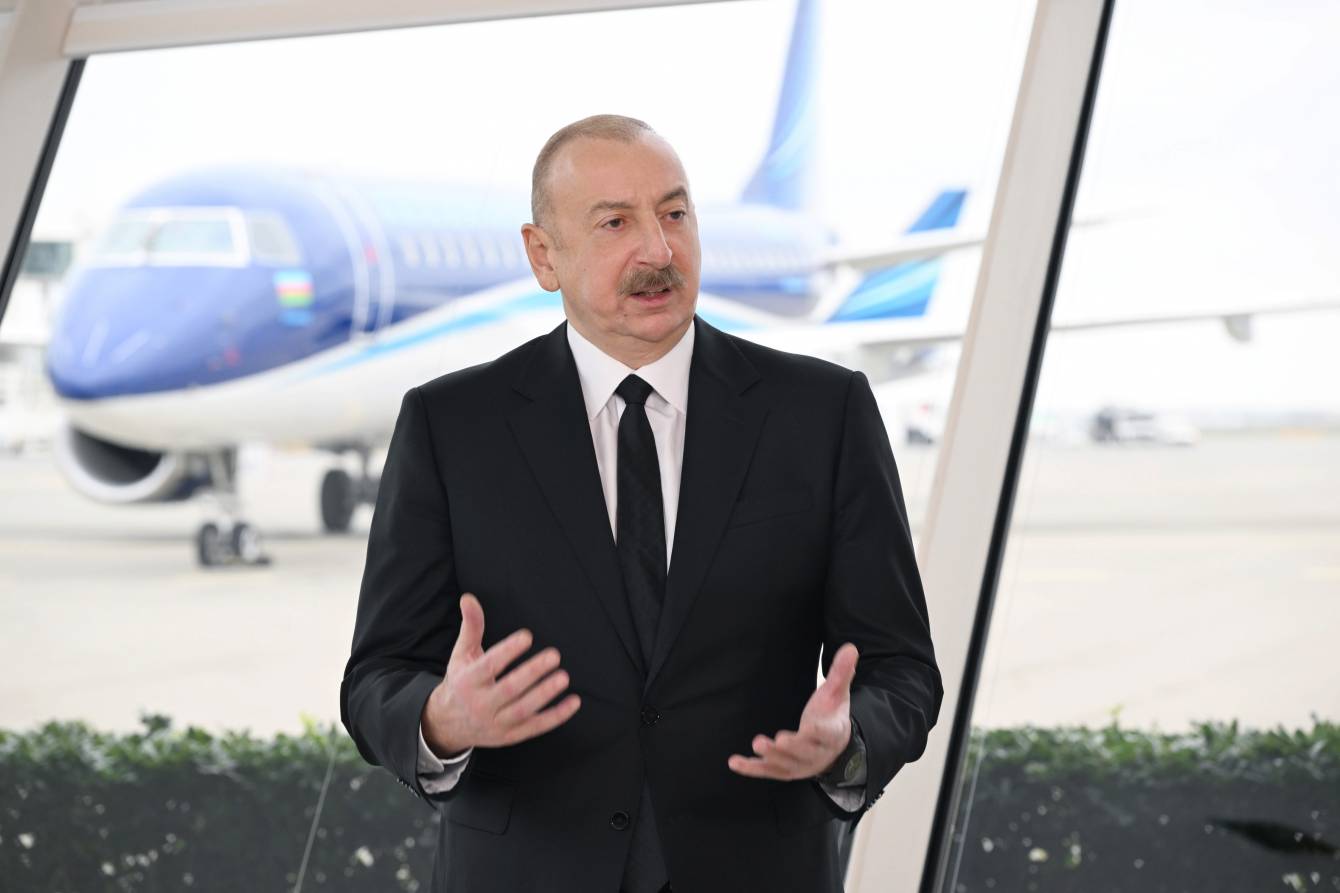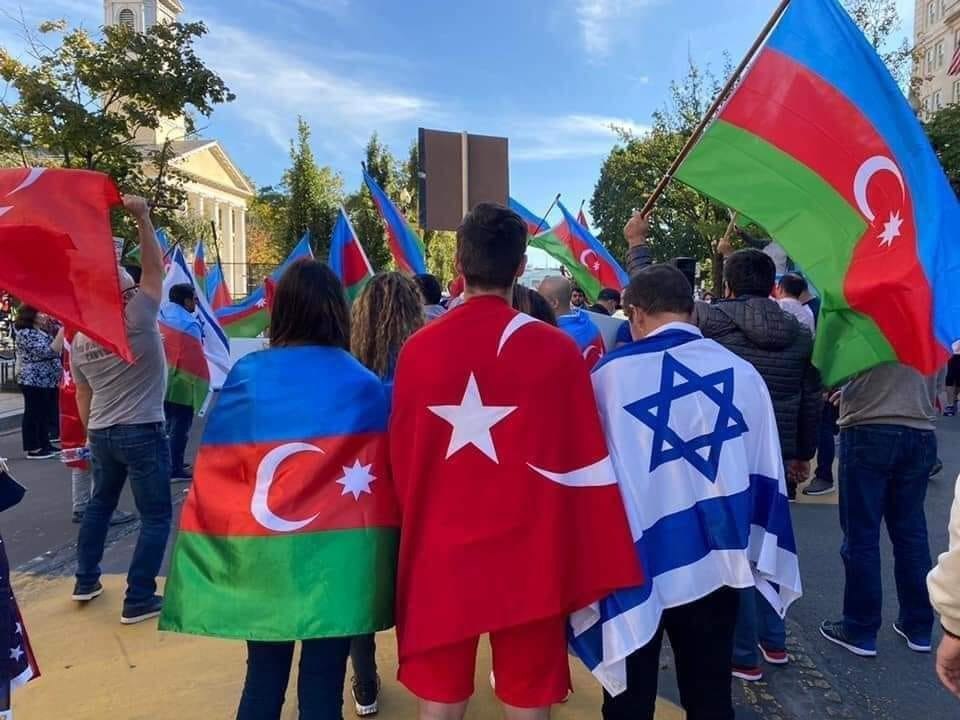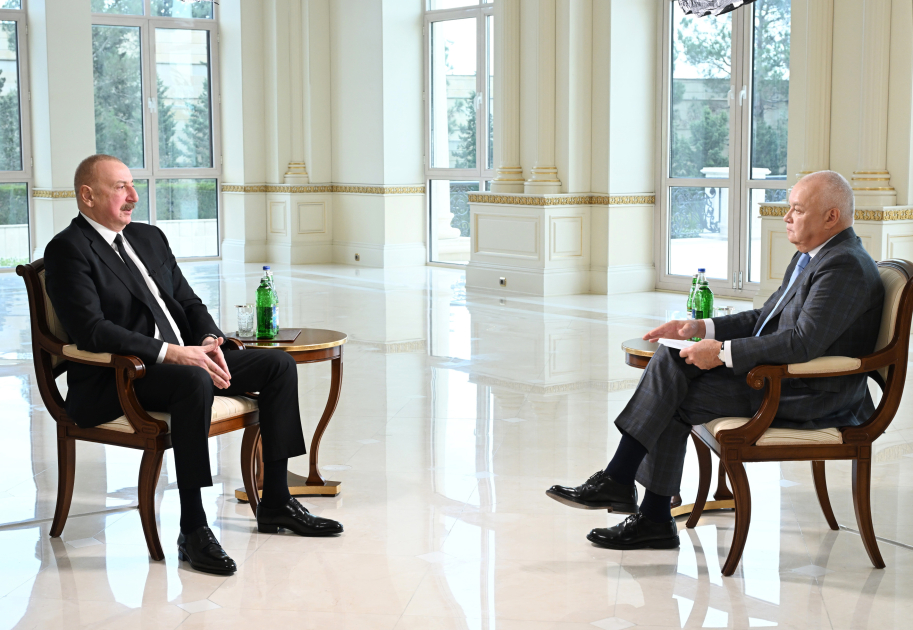'Relations between Baku and Moscow will never be the same': What's next for Azerbaijan in 2025?
What’s next for Azerbaijan 2025
The year 2024 in Azerbaijan was marked by mass arrests of journalists, political activists, and human rights defenders. While some progress was achieved in negotiations between Armenia and Azerbaijan, the much-anticipated signing of a peace agreement never took place. The country’s foreign policy was fraught with disputes, including prolonged tensions with Iran, followed by clashes with France, the European Union, and the United States. By the year’s end, relations with Russia also took a sharp turn for the worse after a Russian attack on an Azerbaijani passenger plane, despite a year of growing rapprochement between the two neighbors.
- The Year of Our Discontent: Georgia’s tumultuous 2024
- Armenia in 2024: Choosing between Europe and Russia, skepticism, and fight for future
- Azerbaijan in 2024: Key events
What’s next for Azerbaijan in 2025?

“Most of the conditions shaping the context for assessing Azerbaijan’s situation in 2025 emerged at the very end of 2024 and will influence the near future,” believes Azerbaijani political analyst Farhad Mammadov.
Relations with Russia
According to Farhad Mammadov, a pause is expected in relations with Russia.
“The Kremlin has not acknowledged responsibility for the attack on Azerbaijan’s civilian aircraft. The investigation period for the first report is 30 days, meaning clarity on the causes of the plane crash should emerge by the end of January. Many skeptics have already proposed theories questioning whether Brazil is the right place to send the black boxes. However, Brazil is the manufacturer of these planes, and, like Baku, it is crucial for them to establish that the plane crashed not due to technical malfunctions but as a result of external interference.
If the Kremlin does not act in line with the demands expressed by President Ilham Aliyev, a pause will be taken in relations with Russia to determine the next steps. This issue will not pass unnoticed in the bilateral relationship. It is already evident that relations between Baku and Moscow will not return to their previous state; they will be different. What form they take will depend on Moscow’s actions before or after the release of the initial report,” the analyst notes.
Relations with Turkey
According to Farhad Mammadov, relations with Turkey remain consistently positive, with a new topic emerging — Syria, in which Azerbaijan is expected to play an active role.
“This is important for Ankara in the context of its approach to Syria within the Organization of Turkic States, and it is beneficial for Azerbaijan, as opportunities for expanding political cooperation and economic activity are opening up in the region.
The issue of Armenia will lose relevance in Turkish-Azerbaijani relations, as it has ceased to be a priority in Turkey-U.S. relations,” he believes.
Relations with Iran
The analyst also notes that “a problematic Iran will remain as such, but the quills of the Iranian hedgehog are no longer what they once were.”
“A significantly weakened Iran still poses a threat, as Iranian proxy forces have returned to Iran itself and could be deployed. However, the most acute hotspots of tension are emerging in the east, south, and west of Iran, while the north remains the most predictable.
It can be assumed that envoys with positive messages will be sent to Baku. For Baku, it is crucial that these messages come directly from Khamenei himself and, ideally, that he personally delivers them. Negotiations with the Foreign Ministry, or even the president, cannot be taken seriously without Khamenei’s personal confirmation!”
Relations with West
Farhad Mammadov believes that relations with the West are set to transform. “The plane tragedy and President Ilham Aliyev’s resolute response had a shocking impact on Western capitals,” he notes.
“In Western capitals, there was a prevailing stereotype that Baku operates in tandem with Moscow, but now everything has gone awry, and yet another stereotype has been shattered!”
Relations with Armenia
The analyst highlights that in his New Year’s address, the President of Azerbaijan devoted significant attention to Armenia’s militarization and the regional arms race.
“If so much time is given to the topic of Armenia’s militarization, it clearly holds significance. The message in this context is directed both at Armenia’s leadership and its patrons who are supplying it with weapons.
Let’s not forget that Pashinyan shouted ‘Miatsum’ in Karabakh when the disparity in military budgets was three to four times in Azerbaijan’s favor. The same Pashinyan continued to arm and finance the remnants of Armenia’s armed forces in Karabakh until September 2023, even when the situation was objectively hopeless.”
In Baku, there is a firm belief that Armenia is once again becoming a tool in geopolitical confrontation. This is something Baku cannot allow, and the warnings in this regard are more than clear. The peace process has become transparent, and Yerevan knows what needs to be done to avoid escalation and return to a constructive trajectory in the negotiation process,” the analyst concluded.
What’s next for Azerbaijan 2025























